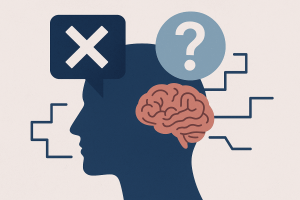By Jorge Araújo
Team Work Consultores
Over the 28 years we’ve been working as trainers in the behavioural field, there has been a lot of speculation about why our methodological approach is based on training (behavioural activities) and not training (knowledge approach). In other words, why we favour what we call “learning by doing” (training) over the simple cognitive acquisition of knowledge (education). And why we are so insistent on so-called continuous improvement, even persisting in the idea that “those who don’t improve get worse”.
Well, we’ve finally found an author who manages to summarise very well what we’ve been trying to achieve since 1997. I’m referring to David Bueno, a Catalan neuroscientist, in his work ‘El arte de ser humanos’ (The art of being human) (Editorial Planeta, 2025). On page 195, he says, ‘playing implies being able to repeat an activity or action several times, acquiring in the experience of each repetition the ability to do it better and better.’ This explains the importance of repeating experiences as a way of gradually improving. But that’s not all. Page 196 states that it is equally important to ‘play in interaction with other people, in a social and socialising way’. Emphasising that it’s not just the simple act of training that makes general behavioural activities important. It’s also the fact that they take place as a team, which ‘generates satisfaction and feelings of reward for the learning and experiences acquired and allows us to anticipate future rewards that will encourage us to continue playing’. In other words, it’s not just the fact that behavioural learning should take place according to a practical, experiential orientation, but also that all these activities should be associated with team experience. And the author continues, ‘a series of challenges, decisions and experiences that, just like in a game, require reflection, adaptability, perseverance, all while learning from mistakes and successes’. Continuing, “it implies creativity and a capacity for abstraction, a more lucid and flexible attitude to the challenges of life.
He also emphasises on pages 181 and 182, “Every moment of overcoming, no matter how small, strengthens self-confidence”. “Making quick decisions and adapting to the unexpected”. “Solving problems trains flexible and creative minds capable of innovative solutions.” “Exploring and expressing intense emotions helps people to live with their emotions and develops emotional resilience.”





